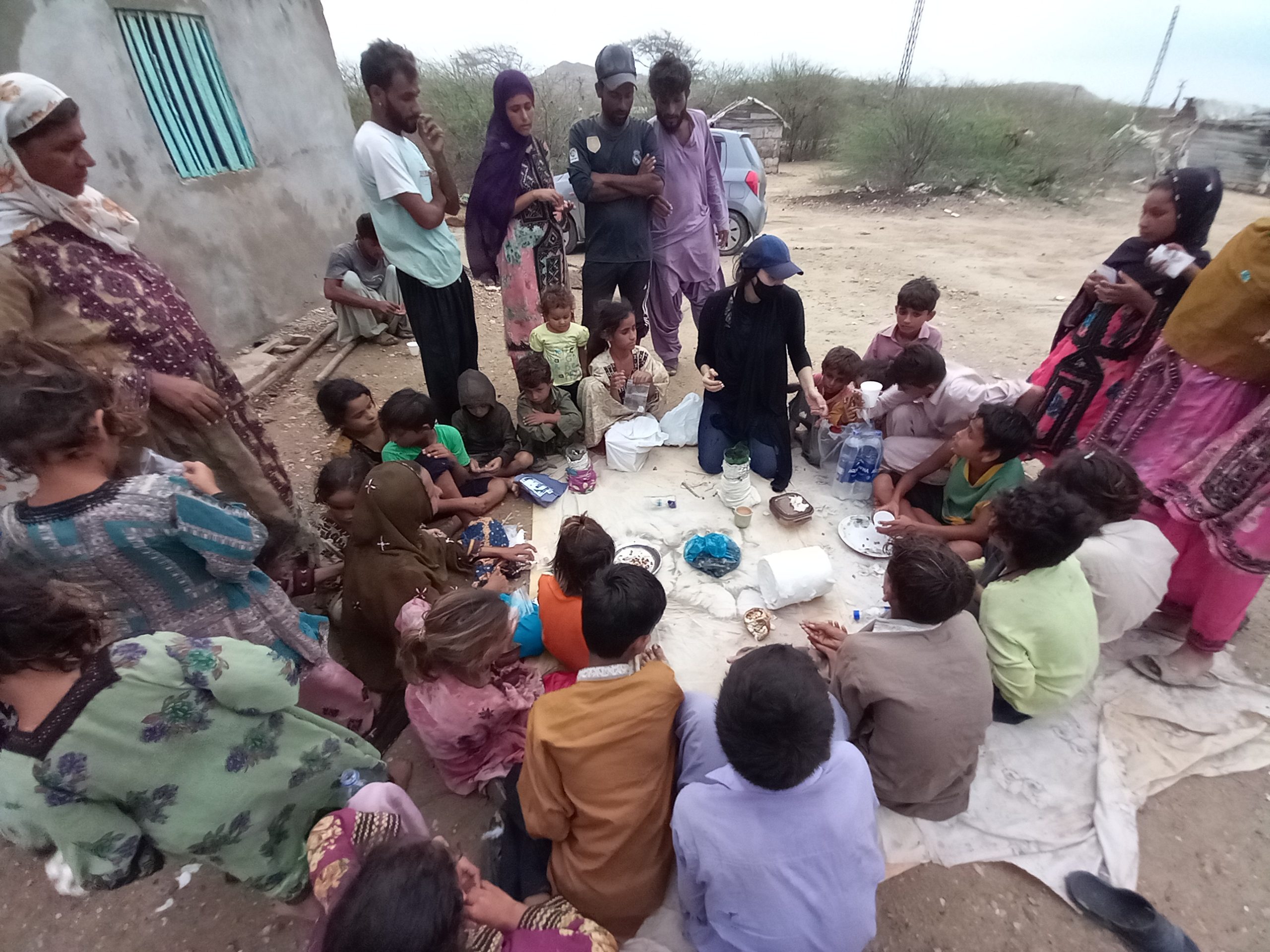Each coastal community has its problems, needs, and solution, trough living in the community and observing their daily lives and environmental problems, we design strategies to develop marine conservation skills and education, useful skills for women that can generate income, introducing cost-effective and self-sustainable alternative solutions that can help their livelihood and environment, we build teams from selected teens and train them in coral rehabilitation, propagation, and eco-tourism and give them work opportunities locally or internationally.

Aquaponics
Aquaponics is a sustainable and innovative method of food production that combines aquaculture (fish farming) and hydroponics (soil-less plant cultivation) in a symbiotic system. In this closed-loop system, fish waste provides the nutrients needed for plant growth, while the plants filter and purify the water for the fish. It is a highly efficient and environmentally friendly way of growing both fish and plants, as it eliminates the need for soil, conserves water, and reduces the use of chemical fertilizers.
In an aquaponic system, fish are raised in tanks or ponds, where they produce waste rich in ammonia. The water containing fish waste is then pumped into the hydroponic component, where it is broken down by beneficial bacteria into nitrites and then nitrates, which serve as essential nutrients for the plants. The plants uptake these nutrients, effectively cleaning the water for the fish. Cleaned water is then recirculated back into the fish tanks, completing the cycle.
We setup the small system for educational purposes at coastal community for selfsustainability drive.
Pollutants To Produce
Community based programs with volunteers to collect plastic trash and produce different products such as waste bins, grow pots for plants, dog leash, jewelry and plastic brick for constructions.